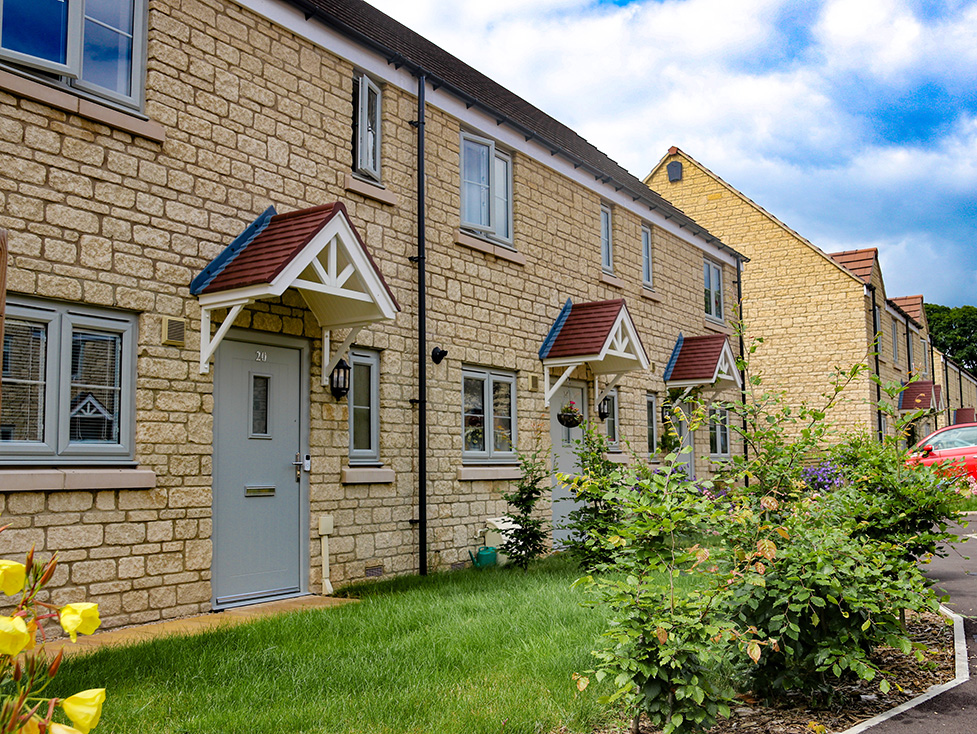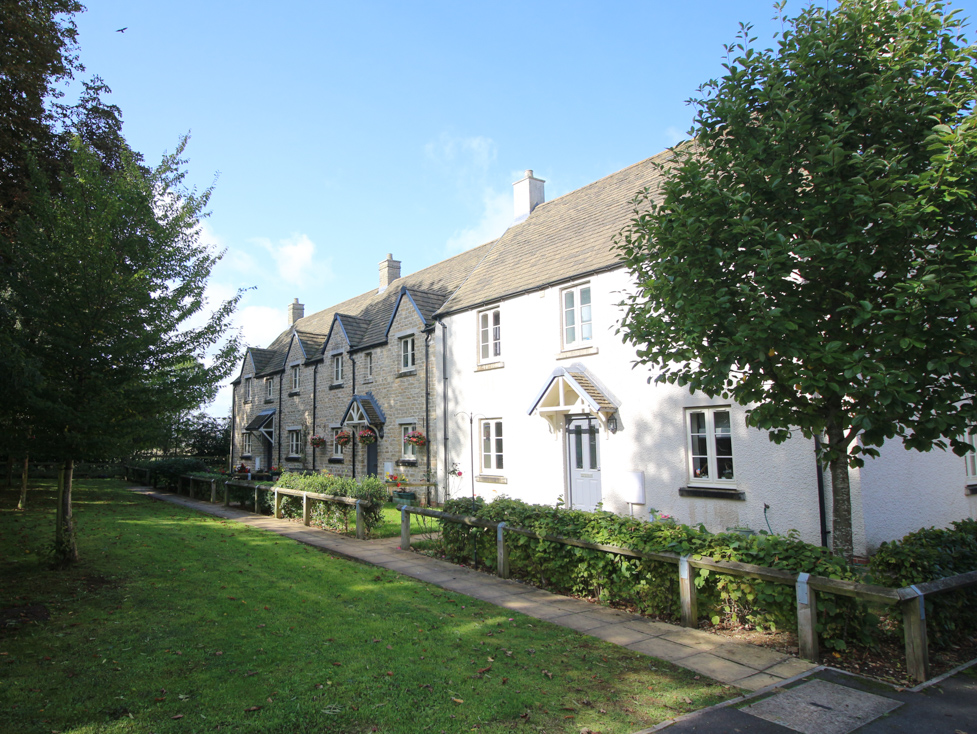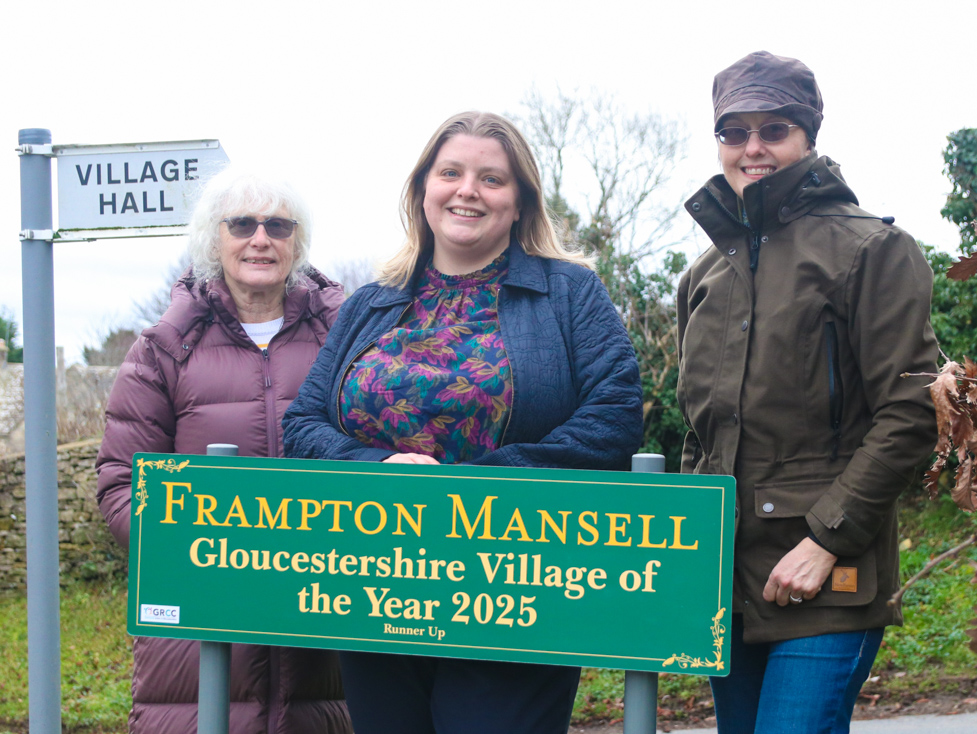- News & Events
- /
- Rural Housing Week 2025 - Day 3

08 Jul, 2025
Rural Housing Week 2025 - Day 3
Our Affordable Housing Team writes:
"We have been asking during Rural Housing Week the question of whether Gloucestershire is facing an affordable housing crisis.
Hopefully, we have explained the difficulties faced by those trying to deliver the homes Gloucestershire needs, while at the same time highlighting the effects on our county if we don’t.
There is however, hope.
There are options, and there are opportunities, that if taken can address the challenges we face.
For instance, we can’t hide from or take away the constraints faced by our Registered Providers, the Housing Associations that operate in Rural Gloucestershire. They are at the very limit of their capacity, and we have seen that the demands made of them by recent government legislation has meant that many are unable to develop those sites of 5 to 15 homes for local need. Their historic stock is taking their attention.
So, at GRCC, we are looking to new partners to deliver those homes that can help keep communities sustainable.
We have spoken to a number of SME developers and are helping them achieve Registered Provider status. It's a bit of a palava, the process, but very “doable”, and may make a huge difference.
Every SME we can assist to gain RP status means another partner that can gain access to Homes England or Section 106 funding to help them to deliver these homes. They can build out the smaller schemes, the 5-20 homes.
There is added value too, as these smaller developers quite often work in their local area, are known by the community and that in turn provides something called “social value”.
The Government also senses the value of SMEs in addressing the crisis, and has unveiled a wide-reaching package of housebuilding reforms designed to unlock small-scale development - and the ripple effects could benefit small businesses across the county.
For years, small developers have faced the same bureaucracy and red tape as large-scale builders. Whether building 10 homes or 100, the same processes and delays often apply. These hurdles have led to a dramatic fall in market share for SMEs — from building 40% of new homes in the 1980s to a fraction of that today.
Smaller developments - up to nine homes - will now benefit from simplified planning processes, quicker decisions by trained planning officers (rather than elected committees), and lighter biodiversity requirements. Medium-sized projects of up to 49 homes will also see regulation eased, including exemptions from the Building Safety Levy.
To help small firms get building, the government is investing £100 million into a new SME Accelerator Loans scheme - part of a broader £700 million extension to the Home Building Fund. The funding aims to support smaller builders who often struggle to access finance through high street banks.
Councils will also receive £10 million to recruit planning specialists and speed up environmental assessments. Meanwhile, £1.2 million will go into the PropTech Innovation Fund, which will support data and digital tools that make small site delivery faster and more efficient.
While the reforms target SME housebuilders directly, the benefits could be felt far beyond the construction sector. New housing development brings with it jobs, investment and demand for local goods and services. For small businesses - from tradespeople and suppliers to local cafés and service providers - this could mark a new wave of opportunity.
Add to this, potential Registered Provider status and it could be that SMEs may very well become the little boat flotilla in this Rural Housing “Dunkirk”.
We would love to talk to SMEs who might be interested in taking this path. We at GRCC can assist you get over those hurdles and will stand by your side.
Get in touch, it might just make the difference!"



